RENMOZ 2025: Mozambique's Energy Transition Strategy highlighted in Conference program
Mozambique: Key role in energy transition, gas reserves worth $100 bln – Deloitte
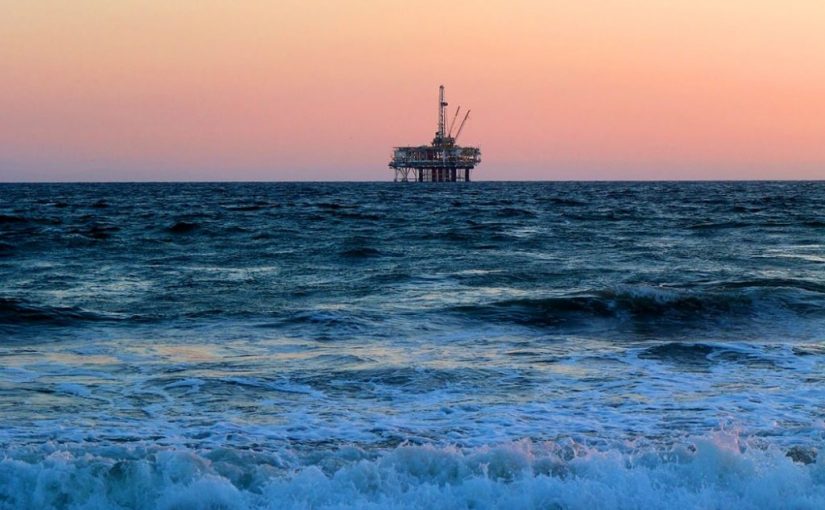
in file CoM
Mozambique’s natural gas reserves represent potential revenues of $100 billion (€92.7 billion), highlighting the country’s international importance in the energy transition, according to a report from Deloitt, a UK-based consulting firm.
“The country’s vast gas reserves could make Mozambique a top 10 global producer, responsible for 20% of Africa’s output by 2040,” says the ‘Africa Energy Outlook – Mozambique special report 2024’, released in January by the international consultancy and consulted by Lusa this Monday.
“Mozambique could position itself to contribute significantly to the world’s energy needs, both during the energy transition period and by establishing strong capabilities across the renewables value-chain,” the report reads. “The transition to renewables presents an opportunity to both address the country energy needs while leapfrogging technology adoption and developing local value chains and the new skills to meet these industry needs.”
The report points out that natural gas is “expected to bring around US$100bn of revenue to Mozambique over its life cycle” and that he country also “has a significant competitive advantage in renewable energies with hydropower assets like HCB (2,000MW) and future potential of Mphanda Nkuwa (1,500MW) enabling regional industry decarbonisation”.
“The country also has a high solar potential, with two locations already set up with a total capacity of 80MW, in Mocuba and Metoro,” it adds.
“Household electricity demand is expected to increase with the ambitious Government electrification programme (Energy for All), as well as the increased mandated use of biofuels (introduced by the Mozambique Ministry of Finance as part of the PAE – Programme of Measures for Economic Acceleration),” Deloitte adds.
Effective measures
“With effective measures, Mozambique could become an energy hub in Southern Africa,” the report points out. “Measures such as the country defining a strategic blueprint for each energy source; developing local value chains and industries linked to renewables and associated commodities; attracting the private sector, promoting economic liberalisation and promoting and facilitating sustainable investment in infrastructure; managing the national energy portfolio and improving the legal framework.”
“Mozambique needs to define a strategy to navigate the decarbonisation of global markets and its own economy. Specifically, how to position itself in the various value chain by selling energy & other value added products & services as opposed to only selling the associated commodities such as gas, coal, and rare minerals (linked to renewables),” the report argues.
Mozambique has three development projects approved to explore natural gas reserves in the Rovuma basin off the coast of Cabo Delgado, classified as among the largest in the world.
Two of these projects are larger and plan to channel gas from the bottom of the sea to land, cooling it in a factory to export it by sea in a liquid state.
One is led by TotalEnergies (the Area 1 consortium), and work progressed until it was suspended indefinitely after an armed attack on Palma in March, 2021, when the French energy company declared that it would only resume activities when the area was safe.
The other investment is led by ExxonMobil and Eni (the Area 4 consortium), for which no start date has yet been announced.
A third completed and smaller project also belongs to the Area 4 consortium and consists of a floating platform for capturing and processing gas for export at sea, which started production in November, 2022.
The floating platform is expected to produce 3.4 million tons of liquefied natural gas per year (mtpa). Area 1 aims for 13.12 mtpa and the Area 4 onshore plan foresees 15 mtpa.


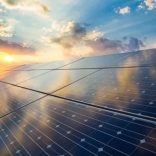
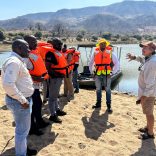
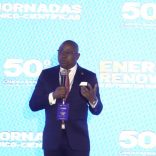

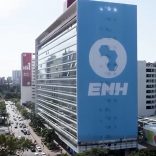
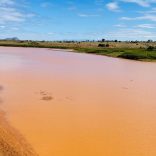





Leave a Reply
Be the First to Comment!
You must be logged in to post a comment.
You must be logged in to post a comment.